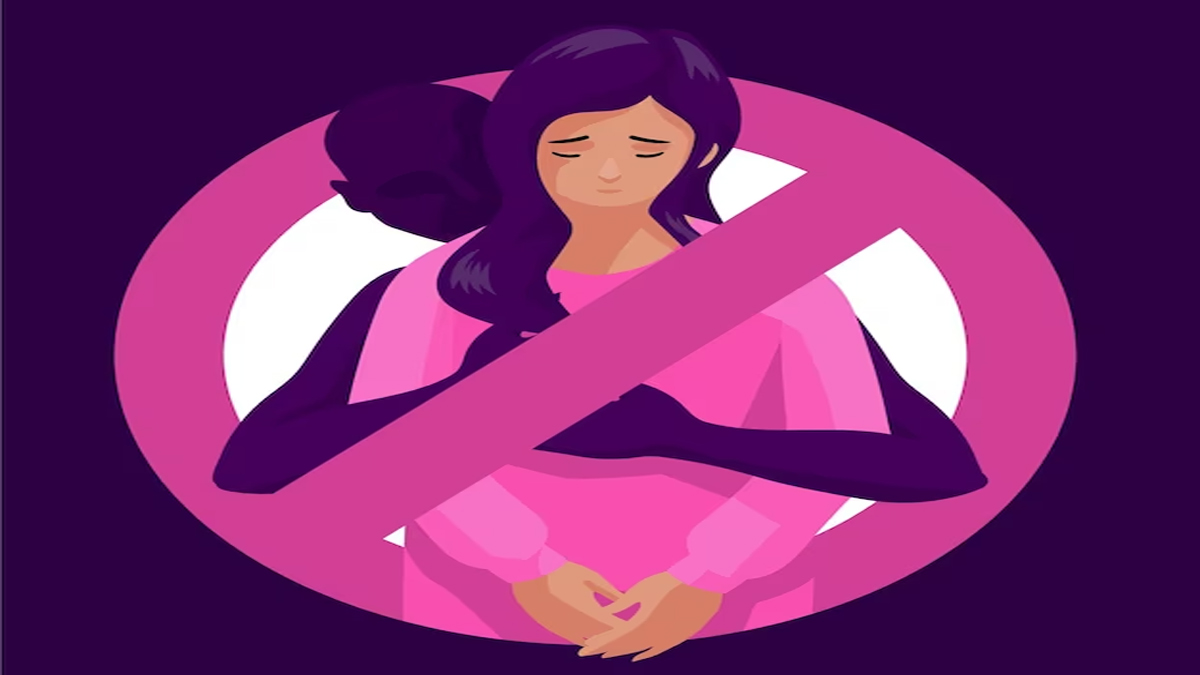Title: Punishment for Rape in India: An In-depth Analysis with Case Laws
Introduction:
Rape is a heinous crime that causes severe physical and psychological trauma to the victim. In India, the legal framework for addressing rape has evolved over time to provide a strong deterrent and ensure justice for the victims. This essay aims to explain in detail the punishment for rape in India, examining the relevant sections of the Indian Penal Code (IPC) and discussing significant case laws that have shaped the jurisprudence around this crime.
- Punishment for Rape in India:
Under the IPC, rape is defined as the act of a man engaging in sexual intercourse with a woman without her consent or against her will. Section 375 of the IPC delineates the punishment for rape. It underwent significant amendments in 2013, known as the Criminal Law (Amendment) Act, 2013, after the infamous Nirbhaya gang rape case.
According to Section 376 of the IPC, the punishment for rape varies based on the circumstances of the offense. The following are the different categories of punishment:
a) Minimum Punishment:
The minimum punishment for rape is rigorous imprisonment (RI) of not less than seven years, which may extend to imprisonment for life. If the victim is below 16 years of age, the minimum punishment increases to ten years of RI, extendable to life imprisonment.
b) Aggravated Punishment:
In certain aggravated cases, the law provides for higher punishment. These cases include:
i) Rape of a child under 12 years: In such cases, the accused can be sentenced to rigorous imprisonment for a term not less than 20 years but may extend to life imprisonment or the death penalty.
ii) Gang rape: When rape is committed by two or more persons in furtherance of a common intention, the punishment is rigorous imprisonment for a term not less than 20 years, extendable to life imprisonment or death penalty.
c) Death Penalty:
The 2013 amendments introduced the death penalty as an option in cases where rape leads to the victim’s death or leaves her in a persistent vegetative state. The discretion to award the death penalty lies with the judge, based on the facts and circumstances of the case.
- Landmark Case Laws:
Several landmark case laws have played a crucial role in shaping the punishment for rape in India. Here are a few significant cases:
a) State of Maharashtra v. Madhukar Narayan Mardikar (1991):
This case established the principle that the testimony of a rape victim, if reliable, can be the sole basis for conviction, even without corroborative evidence. The Supreme Court held that the victim’s evidence should be evaluated on par with the testimony of an injured witness.
b) State of Rajasthan v. Om Prakash (2002):
In this case, the Supreme Court emphasized the need to award appropriate punishment for rape, taking into account the gravity of the offense and the impact on the victim. The Court held that the punishment should be proportionate to the brutality of the crime.
c) State of Madhya Pradesh v. Ramesh (2011):
The Supreme Court reiterated that the death penalty should be reserved for the rarest of rare cases where the collective conscience of society is shocked. The Court emphasized that the death penalty should be awarded only in the most heinous cases of rape and murder.
d) Independent Thought v. Union of India (2017):
This case led to a significant legal reform by criminalizing sexual intercourse with a child bride below the age of 18 as rape, irrespective of marital status. The Supreme Court recognized the importance of protecting the rights of child brides and preventing child marriages.
- Recent Developments:
Since the 2013 amendments, there have been continuous efforts to further strengthen the legal framework concerning rape in India. These efforts include:
a) Fast-track Courts:
Special fast-track courts have been set up to expedite the trial process and ensure speedy justice in rape cases. These courts aim to reduce delays in the judicial system and provide swifter resolution for victims.
b) Protection of Children from Sexual Offenses (POCSO) Act:
The POCSO Act was enacted in 2012 to address sexual offenses against children. It provides for stringent punishment for offenses such as child rape, child sexual abuse, and child pornography.
c) Sexual Harassment Laws:
Apart from rape, sexual harassment is also a grave concern. The Sexual Harassment of Women at Workplace (Prevention, Prohibition, and Redressal) Act, 2013, was enacted to provide a safe working environment for women and deter acts of sexual harassment.
Conclusion:
Rape is a severe crime that requires strict punishment to ensure justice and deter potential offenders. The punishment for rape in India varies based on the circumstances of the offense, with the option of life imprisonment or even the death penalty in aggravated cases. The legal framework has evolved through various amendments and landmark case laws, emphasizing the rights of the victim and the need for proportional punishment. Efforts to strengthen the legal system, including fast-track courts and specialized legislations, demonstrate India’s commitment to combating rape and ensuring justice for victims.
